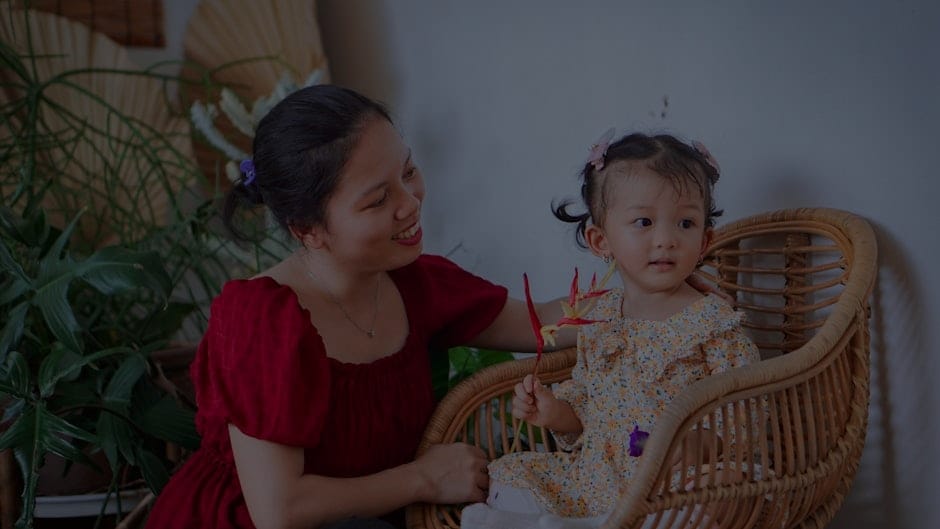**Abstract:**
Feng Shui for Families emphasizes creating a nurturing environment for children, promoting harmony and balance at home. This ancient practice fosters well-being, positivity, and growth for families.
Understanding the Basics of Feng Shui
Feng Shui, rooted in ancient Chinese philosophy, centers on harmonizing individuals with their environment. It emphasizes the flow of energy, or “Chi,” which can significantly impact well-being. In family settings, especially for children, an optimal flow of Chi is crucial. A nurturing environment enhances emotional stability, creativity, and overall happiness. By understanding the basic principles of Feng Shui, families can create spaces that promote tranquility and growth for their children.
Creating Safe Spaces for Children
Safety is paramount in any nurturing environment. Feng Shui principles advocate for the arrangement of furniture and decor to ensure clear pathways and minimize hazards. For instance, placing beds in command positions—where children can see the door without being directly in line with it—instills a sense of security. Additionally, decluttering spaces allows for better energy flow, creating a calm atmosphere conducive to learning and play.
The Importance of Colors in Children’s Spaces
Colors play a significant role in Feng Shui, influencing mood and behavior. Soft, soothing colors like pastels can create a serene environment, while brighter colors can stimulate creativity and energy. For children’s rooms, consider using calming blues or greens for relaxation, complemented by vibrant accents to inspire playfulness. This balance not only enhances the aesthetic appeal but also aligns with the emotional needs of children, fostering a nurturing atmosphere.
Incorporating Natural Elements
Integrating natural elements into a child’s environment is a key aspect of Feng Shui. Plants, natural light, and water features can significantly enhance the energy of a space. Plants, for instance, purify the air and bring a sense of life into the room. Sunlight is essential for physical and mental well-being, promoting a positive mood. Water features, even small ones, can introduce tranquility, making the environment feel more peaceful and nurturing.
Designing Functional Play Areas
Children thrive in spaces designed for play and learning. Feng Shui encourages the creation of functional play areas that allow for movement and creativity. Design these spaces with an open layout, ensuring that toys are easily accessible yet organized. Use storage solutions that are both practical and aesthetically pleasing, helping to maintain a clutter-free environment. This promotes focus and allows children to engage in imaginative play, essential for their development.
Encouraging Family Connections
Feng Shui isn’t just about individual spaces; it also emphasizes the importance of communal areas. Creating spaces where family members can connect strengthens bonds and fosters a supportive atmosphere. Designate areas for family activities, such as game nights or shared meals, ensuring they are inviting and comfortable. This encourages open communication and emotional support, vital components of a nurturing family environment.
Conclusion: The Lasting Impact of Feng Shui
Implementing Feng Shui principles in your home can create a nurturing environment that significantly benefits children. By focusing on safety, color, natural elements, functional spaces, and family connections, you can foster emotional well-being and growth. This holistic approach not only enhances the physical space but also nurtures the hearts and minds of your children, laying the foundation for their future success and happiness. Adopting these practices can lead to a harmonious family life, making your home a true sanctuary for growth and love.










